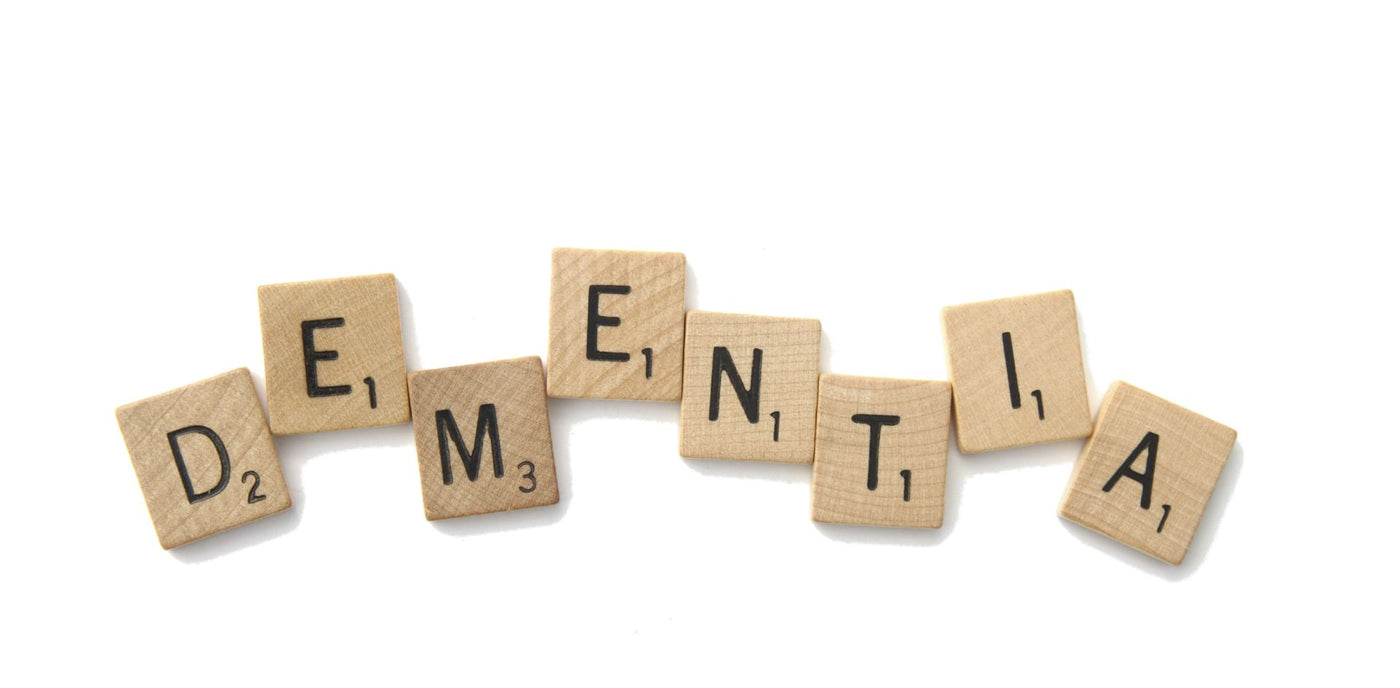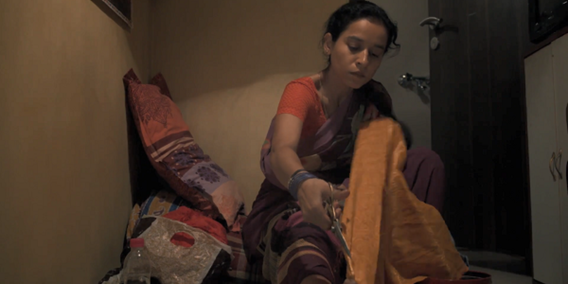“Dementia” is it the same thing as Alzheimer’s and does it mean forgetfulness? Is it something only for the elderly or can someone in their 30s have it too?
Lets dig a little deep into Dementia.
Dementia occurs when people have difficulties with their cognitive functions with regard to reasoning, memory, planning, recognizing, planning, and identifying objects or people. When this interferes with the individual’s daily life, it is recognized as the general term – dementia.
Most people associate memory loss as dementia. But, dementia is more than just memory loss. People experience a wide variety of changes that includes – communication difficulties, visual perception, confusion, disorientation, judgment, changes in behavior, taste of food choices they liked earlier, and much more. The experience of dementia varies from patient to patient.
Dementia can impair the ability to carry out everyday activities including personal care. Hence, never leave a person you know affected by dementia, alone.
Dementia is more common in the elderly, however, people in their 40s too can be diagnosed with dementia. Dementia diagnosed after the age of 68 is known as late onset dementia, and before 68 is known as early onset dementia.
It is important to remember, dementia is different from normal ageing or forgetting. It is a global health issue, affecting 47 million people worldwide. (Prince et. al.)
Alzheimer’s disease is a type of Dementia. It is the most common form of dementia and may contribute to 60-70% of cases. Other forms of dementia are vascular dementia, dementia with Lewy bodies, frontotemporal dementia that impacts the frontal lobe of the brain. Mixed forms of dementia can often co-exist in an individual (WHO)
Dementia can be diagnosed using psychometric assessments. A professional will rule out dementia using these psychometric assessments and with additional information provided by the individual and their family or friends.
In the early stages, dementia is often covered up as forgetting and thus can make an accurate diagnosis difficult to a lay person, and thus it is important to use psychometric assessments to help determine if the individual has dementia or not.
Unfortunately, science is still trying to figure out a cure for dementia. There is no cure currently available for dementia, but with the right action plan, treatment and the help of support groups it can ease out the ability to cope with dementia.
Dementia has physical, psychological, social, and economic impact on careers, families and society. Dementia is one of the major causes of disability and dependency among older people worldwide.
References:
(1) Prince et. al. (2015) World Alzheimer Report 2015, The Global Impact of Dementia: An analysis of prevalence, incidence, cost and trends
(2) World Health Organization, Dementia-Fact Sheet (updated May 2017). Retrieved from http://www.who.int/mediacentre/factsheets/fs362/en/







